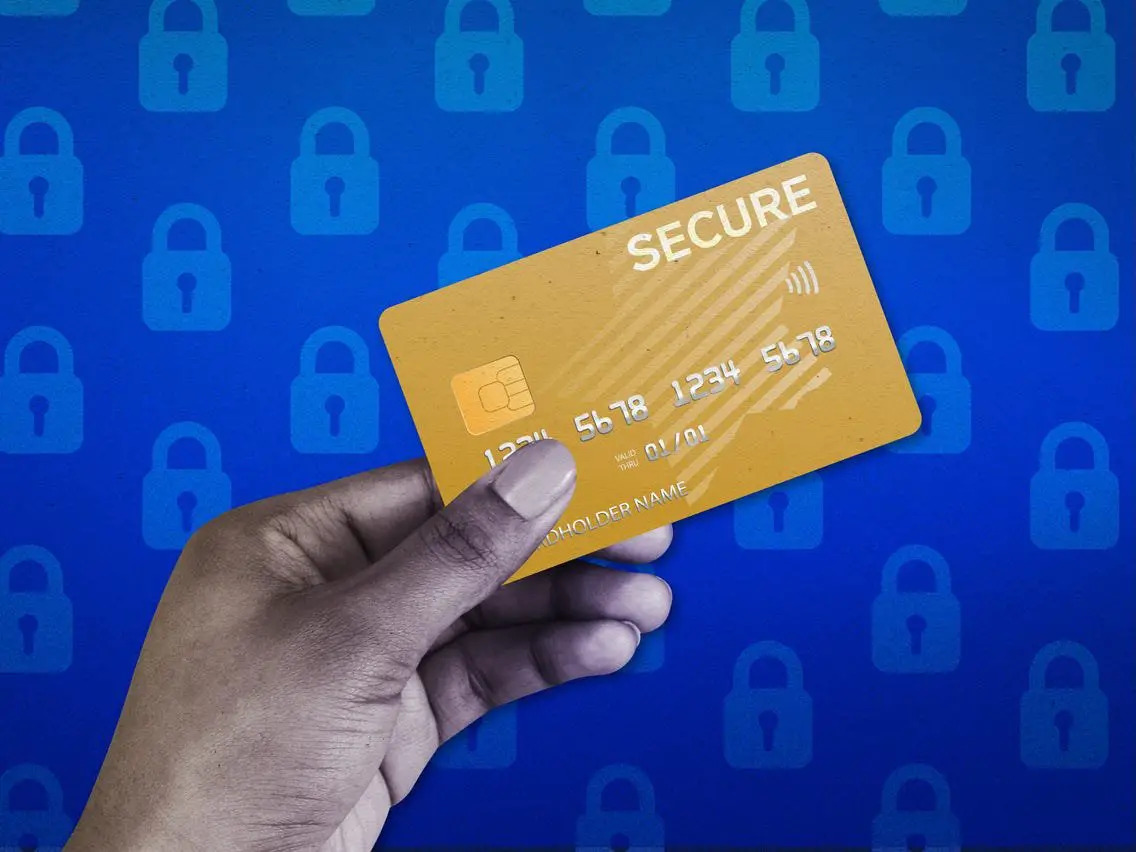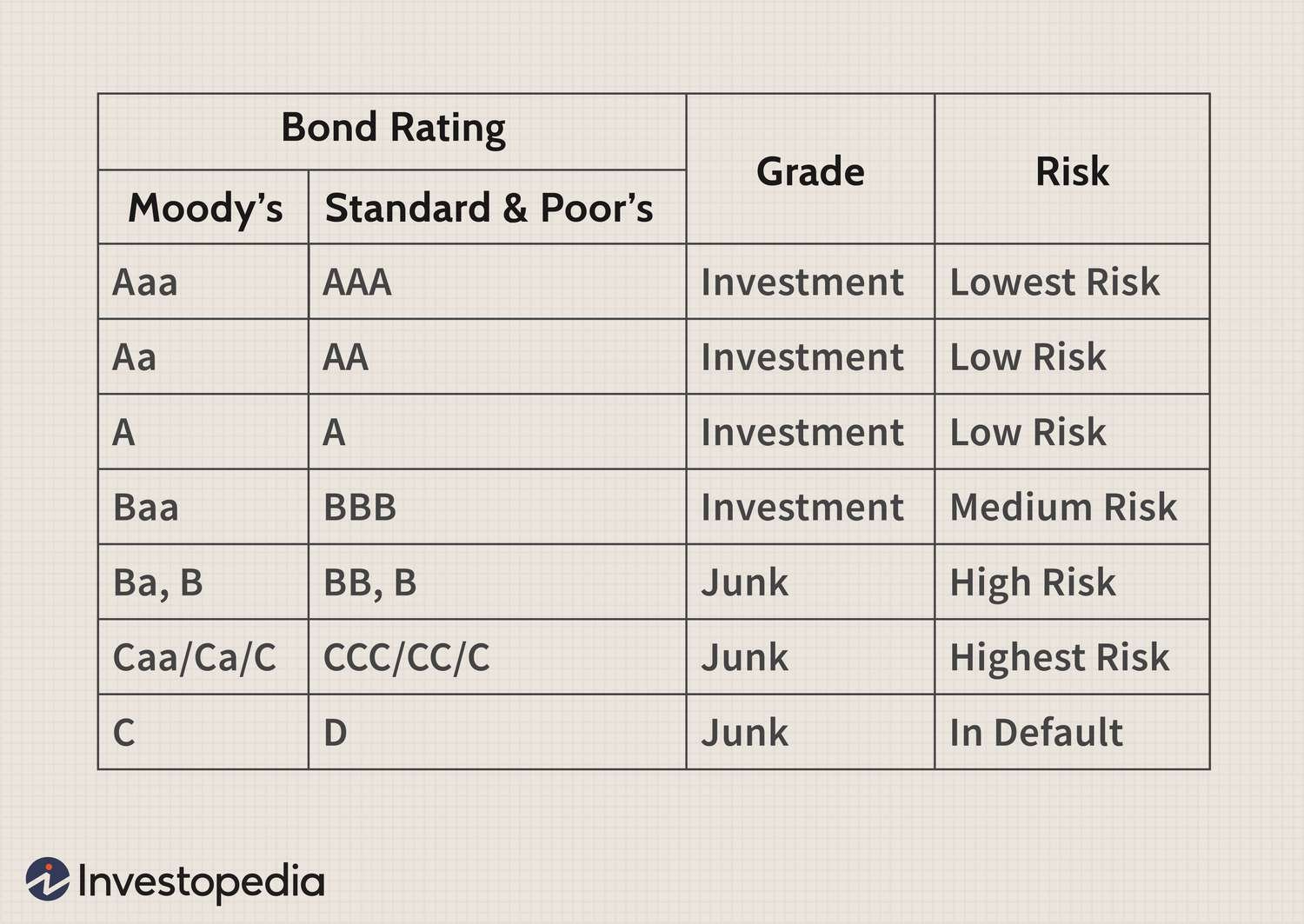Looking to build credit but struggling to get approved for a traditional credit card? Look no further! A secured credit card might just be the solution you’ve been searching for. So, what is a secured credit card exactly? It’s a type of credit card that requires a cash deposit as collateral, which acts as security for the credit limit. In this blog article, we’ll delve into the ins and outs of secured credit cards, discussing how they work, their advantages, and whether they’re the right choice for you. Let’s dive in!
What is a Secured Credit Card?
A secured credit card is a type of credit card that requires a cash deposit as collateral to secure a credit line. It’s designed for individuals who have limited or poor credit history and are looking to build or rebuild their credit. Unlike traditional credit cards, secured credit cards require the cardholder to provide a refundable security deposit, typically equal to the credit limit of the card.
How does a Secured Credit Card Work?
Secured credit cards work similarly to regular credit cards, but with a few key differences. Here’s how they typically work:
1. Security Deposit: To open a secured credit card account, the cardholder must make a cash deposit, which serves as collateral for the credit line. The deposit amount usually determines the credit limit of the card. For example, if the cardholder puts down a $500 deposit, their credit limit will be $500.
2. Credit Limit: The credit limit of a secured credit card is usually equal to or slightly lower than the security deposit. This ensures that the issuer has some protection against default or non-payment. It also gives the cardholder the opportunity to demonstrate responsible credit behavior.
3. Card Usage: Once the account is opened, the cardholder can use the secured credit card for purchases, just like a regular credit card. The purchases made on the card are subject to the credit limit set by the security deposit.
4. Monthly Payments: Cardholders are required to make monthly payments on their secured credit card balance, just like with any other credit card. It is important to make payments on time and in full to establish a positive payment history and avoid late fees.
5. Building Credit: The primary goal of using a secured credit card is to build or rebuild credit. The cardholder’s payment history is reported to credit bureaus, which impacts their credit score. By consistently making on-time payments and keeping credit utilization low, cardholders can gradually improve their creditworthiness over time.
Advantages of Secured Credit Cards
Secured credit cards offer several advantages that make them a valuable tool for individuals with limited or poor credit history. These advantages include:
1. Credit Building Opportunity: Secured credit cards are an excellent way to establish or reestablish credit. By using the card responsibly, making on-time payments, and keeping credit utilization low, cardholders can demonstrate their creditworthiness to lenders and boost their credit score.
2. Accessibility: Secured credit cards are relatively easier to obtain compared to regular credit cards. Since the cardholder provides a security deposit, the credit risk for the issuer is minimized, making it more accessible for individuals with poor credit or no credit history.
3. Flexibility: Secured credit cards offer the same flexibility as regular credit cards. Cardholders can use them for everyday purchases, online transactions, and even for building credit while traveling internationally.
4. Credit Limit Increase: Many secured credit cards offer the opportunity for a credit limit increase over time. As the cardholder establishes a positive credit history, some issuers may allow them to increase their credit limit without requiring an additional deposit.
5. Upgrade to Unsecured Card: With responsible credit card usage and timely payments, some secured credit card issuers may offer the option to upgrade to an unsecured credit card. This means the cardholder can receive their security deposit back and transition to a regular credit card.
Factors to Consider when Choosing a Secured Credit Card
When selecting a secured credit card, it is essential to consider various factors to ensure it aligns with your financial goals and needs. Here are some key factors to consider:
1. Annual Fees: Secured credit cards may come with annual fees, so it’s important to compare fees among different options. Look for cards with low or no annual fees to minimize costs.
2. Interest Rates: Check the interest rates (APR) associated with the secured credit card. While building credit, it’s advisable to pay off the balance in full every month to avoid interest charges. However, having a lower APR can be beneficial if carrying a balance is necessary.
3. Credit Reporting: Verify that the secured credit card issuer reports your payment activity to major credit bureaus. Positive reporting is crucial for building or rebuilding your credit history.
4. Deposit Requirements: Different secured credit cards may have varying minimum and maximum deposit requirements. Choose a card that aligns with your budget and goals. Additionally, check if the deposit is held in an interest-bearing account.
5. Rewards and Benefits: Although secured credit cards generally offer fewer rewards and benefits compared to regular credit cards, some issuers may provide incentives such as cashback on specific purchases or bonus points. Consider these perks if they align with your spending habits.
6. Upgrade Options: Research the issuer’s policy regarding upgrading a secured credit card to an unsecured card. It’s beneficial to choose a card that offers this option, as it can save you from having to close the secured account and open a new unsecured credit card.
Building Credit with a Secured Credit Card
A secured credit card can be an effective tool for building credit if used responsibly. Here are some tips to make the most of your secured credit card to build credit:
1. Pay On Time: Timely payments are crucial for establishing a positive payment history. Set up automatic payments or reminders to ensure you never miss a payment.
2. Keep Utilization Low: Aim to keep your credit utilization ratio below 30% of your credit limit. High utilization can negatively impact your credit score. For example, if your credit limit is $500, try to keep your balance below $150.
3. Monitor Your Credit: Regularly review your credit reports from major credit bureaus to ensure accuracy. Address any errors or discrepancies promptly to maintain an accurate credit history.
4. Gradually Increase Limit: Some secured credit card issuers offer credit limit increases over time. If your credit card issuer allows for these increases and you can afford a higher security deposit, consider requesting a credit line increase.
5. Limit New Credit Applications: Applying for multiple credit cards or loans within a short period can negatively affect your credit score. Be selective with new credit applications to avoid potential negative impacts.
Secured credit cards are a valuable tool for individuals looking to build or rebuild their credit. By providing a security deposit and demonstrating responsible credit card usage, cardholders can establish a positive credit history and improve their credit score. When choosing a secured credit card, consider factors such as fees, interest rates, credit reporting, and upgrade options. By following best practices and remaining financially disciplined, individuals can unlock better credit opportunities in the future.
What Is A Secured Credit Card & How Does It Work? (EXPLAINED)
Frequently Asked Questions
Frequently Asked Questions (FAQs)
What is a secured credit card?
A secured credit card is a type of credit card that requires a cash deposit as collateral. The deposit serves as a security for the credit card issuer and reduces the risk of non-payment. The amount of the deposit typically determines the credit limit on the card.
How does a secured credit card work?
When you open a secured credit card account, you need to provide a cash deposit that will be held as collateral. The deposit amount will usually determine your credit limit. As you use the card and make payments, the issuer reports your activity to credit bureaus, helping you build a positive credit history.
What is the purpose of a secured credit card?
The main purpose of a secured credit card is to help individuals with limited or poor credit history to build or rebuild their credit. It provides them with a means to demonstrate responsible credit usage and establish a positive credit profile.
Who should consider getting a secured credit card?
Secured credit cards are a helpful option for individuals with no credit history, a low credit score, or a negative credit history. They are also beneficial for those who want to learn responsible credit card usage without the risk of overspending.
Can I get a secured credit card with bad credit?
Yes, secured credit cards are often available to individuals with bad credit. Since they require a cash deposit as collateral, credit card issuers are typically more willing to provide secured credit cards to those with poor credit.
What are the benefits of using a secured credit card?
Using a secured credit card responsibly can have several benefits. It allows you to build or rebuild your credit history, establish trust with lenders, and improve your credit score over time. Additionally, it provides the convenience and flexibility of a traditional credit card.
Is the deposit for a secured credit card refundable?
In most cases, the deposit for a secured credit card is refundable. If you close your account with a good payment history and no outstanding balance, the credit card issuer will usually return your deposit.
Can I upgrade from a secured credit card to an unsecured card?
Yes, many credit card issuers offer the option to upgrade from a secured credit card to an unsecured card after demonstrating responsible credit usage for a certain period, typically 12 to 18 months. This upgrade allows you to receive your deposit back and enjoy the benefits of an unsecured card.
Are there any fees associated with secured credit cards?
Yes, secured credit cards may have fees associated with them. Common fees include an annual fee, application fee, and sometimes monthly maintenance fees. It’s important to review the terms and conditions of the card before applying to understand any potential fees involved.
Final Thoughts
A secured credit card is a type of credit card that requires a cash deposit as collateral. This deposit serves as security for the credit limit, making it ideal for individuals with limited or poor credit history. By using a secured credit card responsibly, cardholders can improve their credit score over time. These cards are often offered by banks and financial institutions, providing a way for individuals to build or rebuild their credit. If you’re looking to establish credit or repair your credit history, a secured credit card might be the right option for you.



